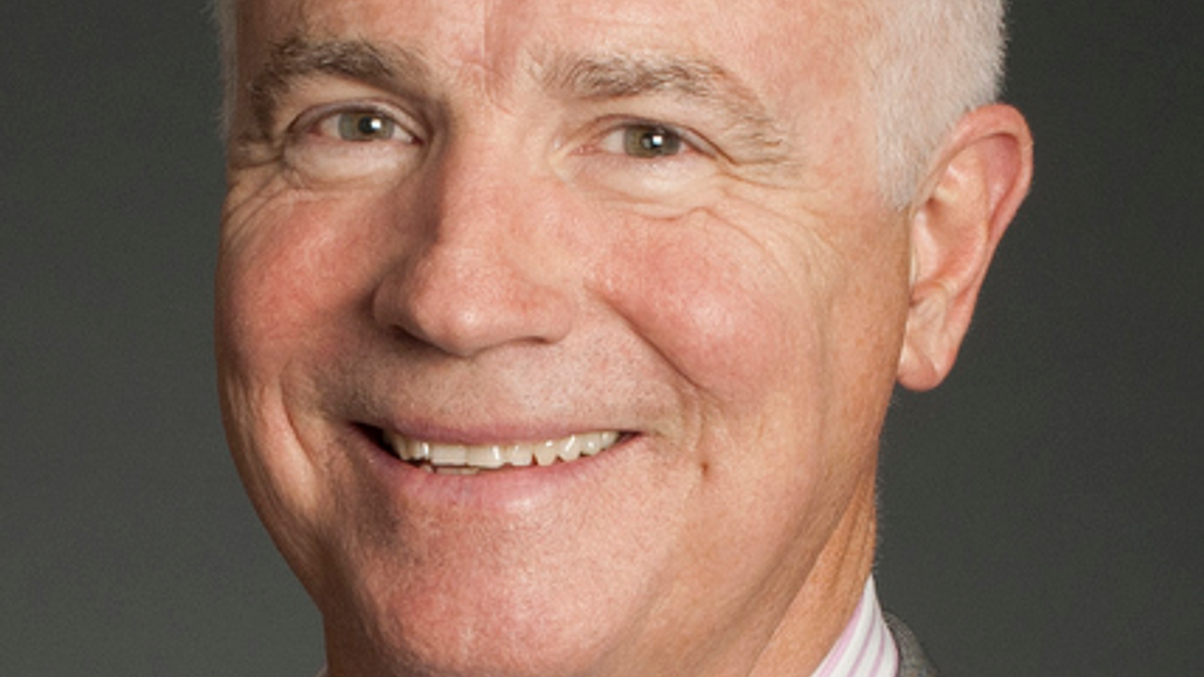Volcker Rule to hit non-US fund sales
The law as it stands will impact Asia-based mutual funds in unforeseen ways, warns trade body ICI Global.

In its present form, the Volcker Rule will have a wide-ranging but unplanned impact on the sale of mutual funds outside the US, which Asia-based firms should be more aware of, says ICI Global.
Sign in to read on!
Registered users get 2 free articles in 30 days.
Subscribers have full unlimited access to AsianInvestor
Not signed up? New users get 2 free articles per month, plus a 7-day unlimited free trial.
¬ Haymarket Media Limited. All rights reserved.


